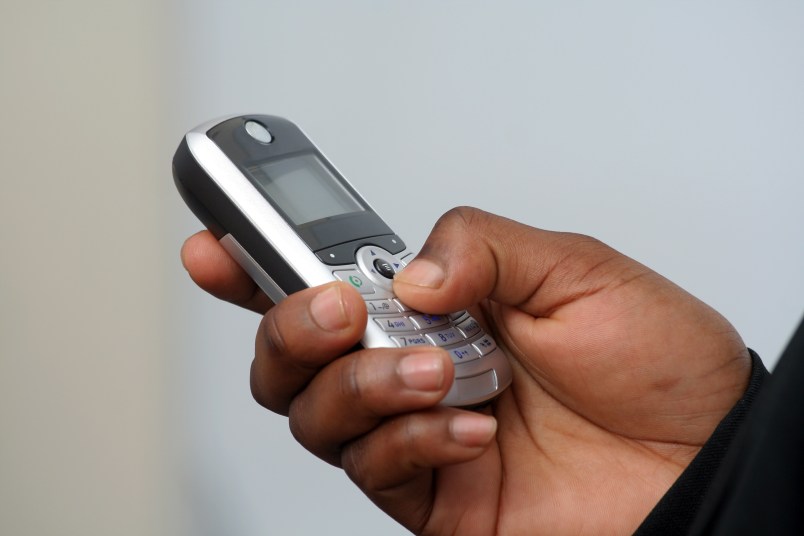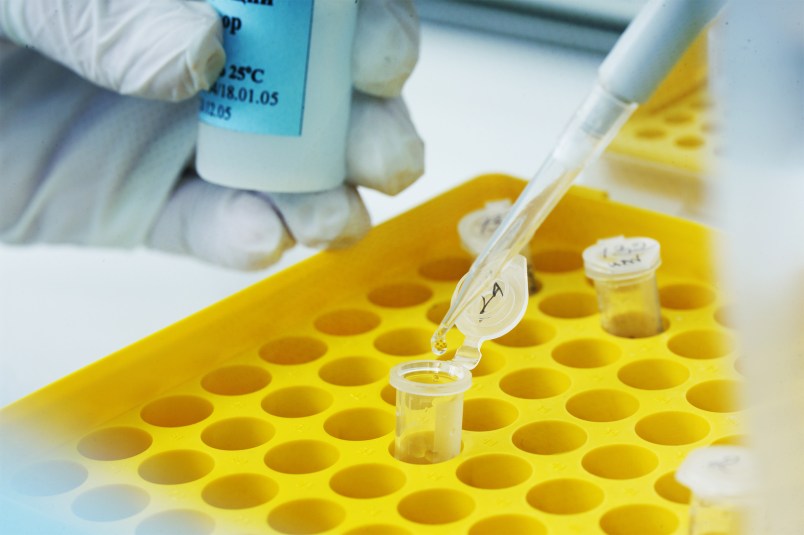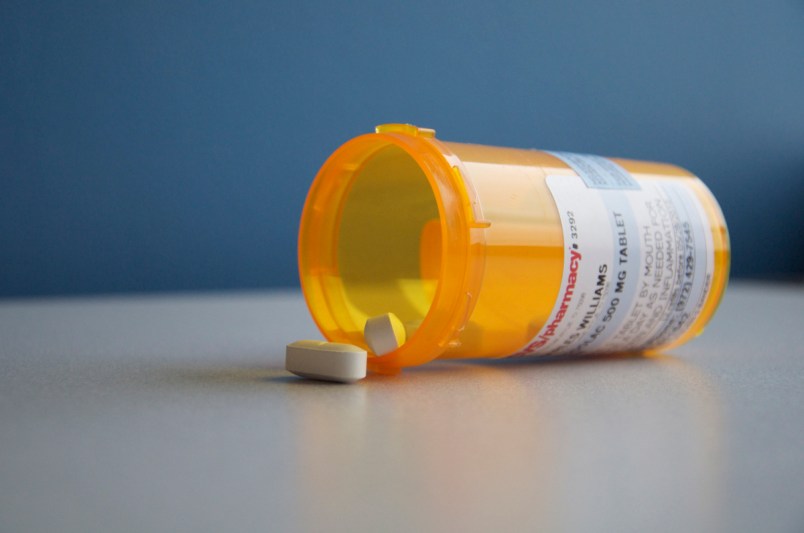Far from the licensed pharmacies of Accra, Ghana, medicines are often peddled rather than dispensed. In rural villages, roving vendors move medicines from market to market selling them out of wheelbarrows or packages carried on top of their heads. They sell the cheapest medicines, like painkillers, but also important over-the-counter drugs such as anti-malarials. Often they become local authorities on medicines as they get to know their inventory. But the drugs the merchants sell aren’t always what they think they are.
“Mobile peddlers will sell anything they can get their hands on,” says Selorm Branttie, lead marketing strategist at the African company mPedigree, which all too often includes falsified drugs that don’t contain the right active ingredient or contain too little of it. These drugs are a huge medical problem in Africa and around the world. The Ghana-based mPedigree has developed a technological solution to this public health problem, using the source many Africans trust the most: their mobile phones.
“The mobile phone is more than just communication device here,” Branttie says. “They are very central to the modern African, very central to his lifestyle and activities.”
Using this knowledge of the local users, mPedigree has created a text-message based verification system to help ensure that consumers are buying safe and effective drugs. “mPedigree was founded on the basis of finding a solution that could be simple, cheap and very easy to deploy,” says Branttie. And what could be easier than sending a text message?
Every package of medicine protected by their system has a special label with a 12-digit code. Scratch off a wax panel to reveal the code, text it to mPedigree and before you can even start reading up on the drugs side-effects they’ll send you a reply with the brand name of the medicine, the active ingredient, the batch number and the expiration date, which you can use to cross check with the package in your hands.
Though it takes the cooperation of drug manufacturers and communications companies, it’s a system that’s becoming popular with drug consumers and producers alike. It has become common practice for purchasers to check the medication before they even pay for it, says Branttie, and drug makers have seen increased sales after adopting the system, partially because the counterfeiters stop trying to copy them.
Companies like mPedigree and others with text-message verification systems are valuable because they increase the cost to the counterfeiter, says Roger Bate, a scholar at the American Enterprise Institute and an expert on counterfeit drugs. “Anything that does that is a good idea.”
But ultimately, the solution is a controlled supply chain like in the United States and Europe, because counterfeiters will find and exploit any weaknesses, he says: “mPedigree can do nothing about any product that has been faked before it gets packaged.”
Still, removing fakes is helping to slow the acceleration of drug resistance in the malarial parasites. Sub-optimal doses fail to kill off the hardiest ones, leaving them to reproduce.
And the problem is not limited to anti-malarial drugs. Emergency contraceptives are also commonly sold throughout Africa. In 2013, Nigerian officials warned women that the market was flooded with fakes, after they caught numerous instances of counterfeits being smuggled into the country.
Already active in Ghana, Nigeria and Kenya, Branttie says mPedigree is looking to expand to Sierra Leone and Rwanda by the end of 2014 and more countries in the future.
Image credit: Shutterstock/Ecoimages










